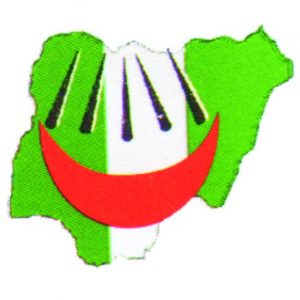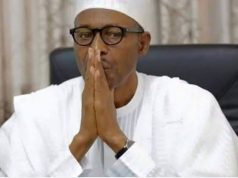by Omenihu Alfred fibmn
IN 1980 NIGERIA EXCHANGED of the Federal Republic of Nigerian currency was 80kobo to 1$. Then Nigeria was under leadership of President and commander –in –Chief, Alhaji Shehu Usman Aliyu Shagari who came inOctober 1st 1979 and vacated office 31st December 1983. 40 years after NIGERIA EXCHANGES becomes ₦470 to 1$
A concerned writer once stated that Nigerians should not be surprised because things might get worse than this if we don’t sit and ponder what turned things this way. As a matter of fact, we were far more productive in 1980 than we are today.
In 1980 the key reasons for economic growth were are as follows:
We were a net exporter of refined petroleum products. Today we import all our refined petroleum products even to the extent of signing an MoU with Niger Republic of about 22.44 million people to import fuel from them recently. What an irony!
We rode in locally assembled cars, buses and trucks. Peugeot cars in Kaduna and Volkswagen cars in Lagos. All those are not visible anymore. Nigeria was expected to have started car manufacturing or partner with some car manufacturing companies. Leyland in Ibadan and ANAMCO in Enugu produced our buses and trucks. Steyr at Bauchi produced our Agricultural tractors. And it was not just Assembly, we were producing many of the components. Vono products in Lagos producing the seats. Exide in Ibadan producing the batteries, not just for Nigeria but for the entire West Africa. Isoglass and TSG in Ibadan producing the windshields. Ferodo in Ibadan producing the brake pads and discs. Tyres produced by Dunlop in Lagos and Mitchelin in Portharcourt. And I mean tyres produced from rubber plantations located in Rivers State.
We were listening to Radio and watching television sets assembled in Ibadan by Sanyo. We were using refrigerators, freezers and Air conditioners produced by Thermocool. We were putting on clothes produced from the UNTL textile mills in Kaduna and Chellarams in Lagos. Not from imported cotton but from cotton grown in Nigeria. Our water was running through pipes produced by Kwalipipe in Kano. Our toilets were fitted with WC produced at Kano and Abeokuta. We were cooking with LPG gas stored inside gas cylinders produced at the NGC factory in Ibadan. Our electricity was flowing through cables produced by the Nigerian wire and Cable, Ibadan and Kablemetal in Lagos and Port Harcourt. We had Bata and Lennards producing the shoes we were putting on, not from imported leather but from locally tanned leather at Kaduna.
We were mainly flying our airways, the Nigeria Airways, to most places in the world. The Airways was about the biggest in Africa at that time. Most of the food we ate were being grown or produced in Nigeria. We were producing all of the above and more in 1980. Today, we import almost everything. There lies the source of the terrible exchange rate we are experiencing today and everybody reading this has a critical role to play in reversing this very UGLY trend. It is not enough for us to complain about the exchange rate or point out what others are not doing or are failing to do, the key question is what are we producing or what are we planning to produce?
As an experienced, seasoned and highly trained media professionals, I am aware of the country’s plan to join its counterparts in the continent to commence the implementations of African Continental Free Trade Agreement (AFCFTA) which bring about one common market for all African countries. So the question is, are we going to suppliers of products and commodities to African nations or are we going to be a dumping ground for them?
Actually, countries engage in varieties of activities aimed at accelerating economic development and growth Nigeria is really an oil rich nation but the leadership over the years could not diversify the economy. So, the country relied heavily on the proceeds from oil as a major source of financing the social, economic and political activities. However, the myopic perception of the political power holders or the resource managers impeded effective use of realised income for investment which culminates to the ugly experience and low living standard of today.
The desired revolution that we need must be a product of collective effort, hence the question is What solutions do you have in mind?










